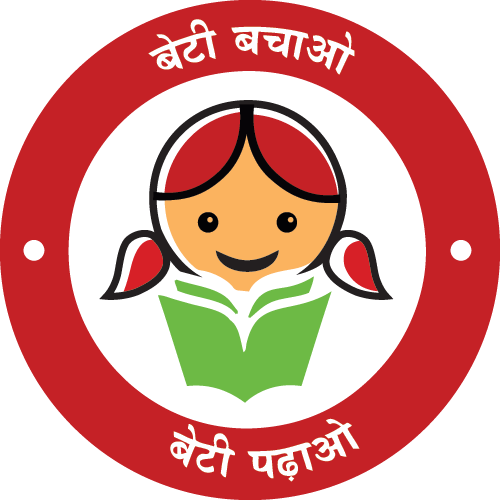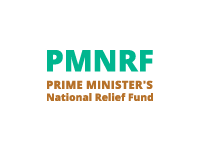Smt. Lalitha Kumaramangalam, Hon’ble Chairperson, NCW headed the jury at a public Hearing
A public Hearing was organized on the issues faced by Domestic Workers in our country by National Platform of Domestic Workers on 11th November, 2014 at Indian Social Institute, Lodhi Road.
Women domestic workers today testified at a Public Hearing, speaking out on abuse and denial of rights as workers. They spoke before an eminent jury headed by the Chairperson of the National Women’s Commission, Ms. Lalitha Kumaramangalam.
The jury members included Dr. PM Nair, Retd. DIG Trafficking, now at Tata Institute of Social Sciences, Mumbai, S. C. Srivastava of the National Labour Law Association, Mahua Chaudhuri of NDTV, Shahanshah Ali, Secretary to the Resident Commissioner, Jharkhand and Inspector Malhan of Delhi Police’s Crimes against Women Cell.
The Public Hearing was organised by the National Platform for Domestic Workers (NPDW) which is composed of trade unions and organizations of domestic workers from around the country. The domestic workers who spoke were both full-time and part-time workers, including those trafficked for labour by individuals and unscrupulous placement agencies. Their cases reflected the various issues that the workers face: rough and rude treatment, withholding of wages, arbitrary dismissal from work, overwork with no overtime wages, false allegations of stealing, and even cases of rape and murder.
The National Platform demands comprehensive legislation for domestic workers as well as ratification of the ILO Convention 189, Decent Work for Domestic Workers which was passed in June 2011. The National Platform demands that a law is enacted to cover the entire range of issues affecting domestic workers. The law should regulate employment and conditions of work, fix wages and hours of work, regulate placement agencies and provide a mechanism for resolution of disputes and protection of employment. Social protection provisions should include social security, health, education and child care facilities, housing, skill training and pensions.
The mechanism for implementation of the law must be an autonomous Tripartite Board, with elected representatives including women workers, employers and government. It must have a grievance and dispute redressal mechanism.
Among those who addressed the gathering to discuss the various legal measures and protections required by domestic workers were Bharti Birla of the ILO and Dr.Onkar Sharma of the Ministry of Labour and Employment. Speakers from the National Platform included Anita Juneja of the Delhi Gharelu Kamgar Sangathan, Nalini Nayak of SEWA, Subhash Bhatnagar of Nirmala Niketan, Sister Lizzy and Lissa of the National Domestic Workers Movement, Brother Varghese of Montfort Social Institute and Shalini Nashcarr of Domestic Workers Forum, Delhi.
Advocate Amiy Shukla presented the findings of the jury which made a unanimous recommendation in favour of a comprehensive law for domestic workers.




















